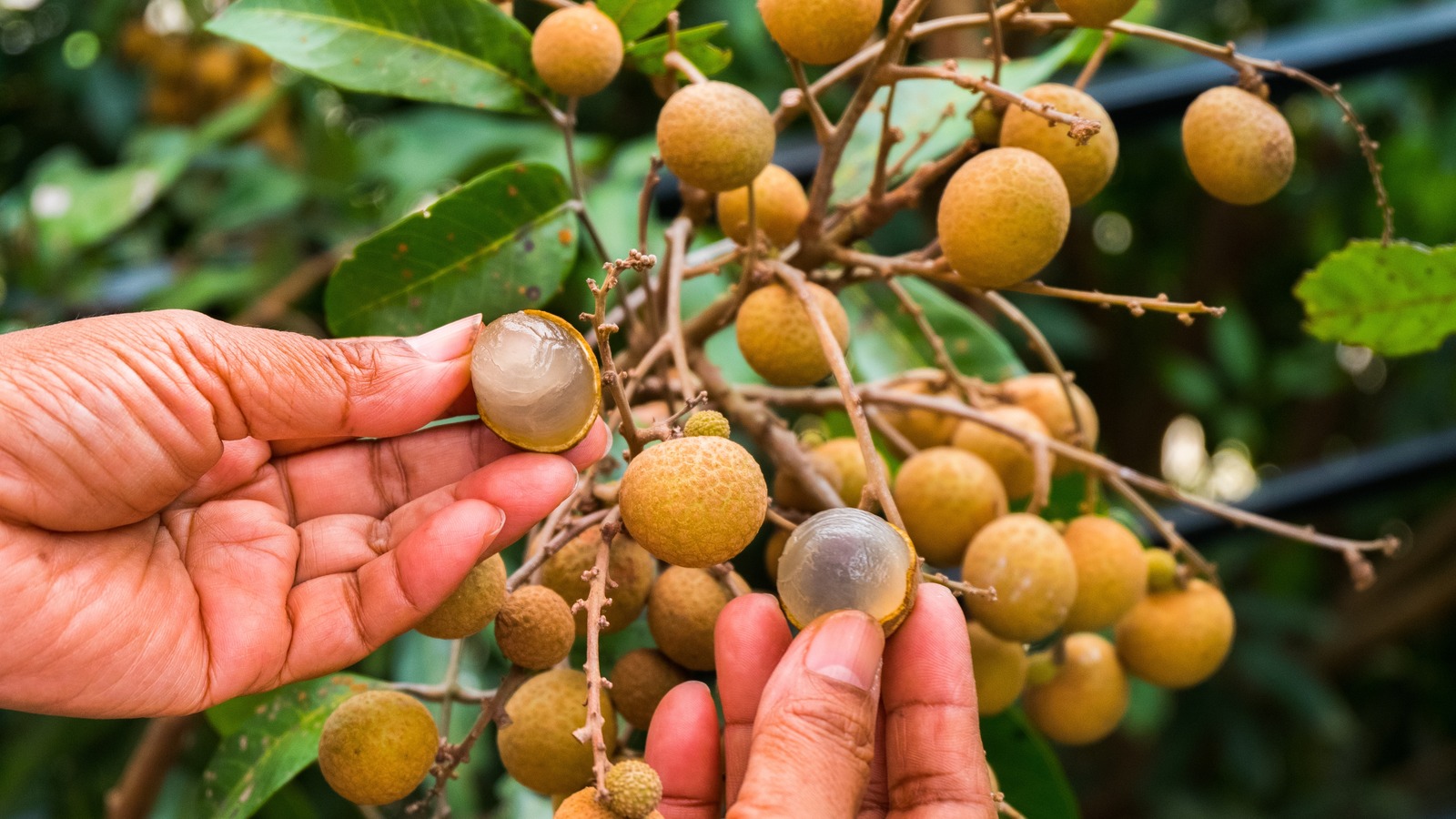7 Antioxidant Foods for Glowing Skin-Achieving glowing skin isn’t just about using the right skincare products; it starts from within. Antioxidant-rich foods play a crucial role in maintaining skin health, protecting against damage, and promoting a radiant complexion. In this guide, we’ll explore the top seven antioxidant foods that can help you achieve glowing skin, their benefits, and how to incorporate them into your diet. We’ll also address frequently asked questions to provide a comprehensive understanding of how antioxidants impact skin health.
1. Berries: Nature’s Antioxidant Powerhouses
Overview:
Berries, including strawberries, blueberries, raspberries, and blackberries, are packed with antioxidants like vitamin C, flavonoids, and polyphenols. These compounds help combat free radicals, which can damage skin cells and accelerate aging.
Benefits:
- Anti-Aging Properties: The high vitamin C content in berries supports collagen production, which is essential for skin elasticity and firmness.
- Anti-Inflammatory Effects: Flavonoids in berries can reduce inflammation, helping to calm irritated skin and reduce redness.
- Skin Brightening: Berries help in reducing dark spots and promoting a more even skin tone.
How to Incorporate Berries:
- Add them to smoothies, yogurt, or oatmeal.
- Use them as a topping for salads or desserts.
- Enjoy them fresh or frozen for a nutritious snack.
2. Avocados: Creamy Skin Nourishment
Overview:
Avocados are rich in vitamins E and C, as well as healthy fats that are essential for maintaining skin moisture and elasticity. They also contain antioxidants like lutein and zeaxanthin, which help protect the skin from UV damage.
Benefits:
- Moisturizing: The healthy fats in avocados help to keep your skin hydrated and prevent dryness.
- Skin Repair: Vitamin E is known for its ability to repair and protect skin cells, enhancing overall skin health.
- Sun Protection: Lutein and zeaxanthin provide an additional layer of protection against harmful UV rays.
How to Incorporate Avocados:
- Use them as a base for guacamole or spread them on toast.
- Add avocado slices to salads or sandwiches.
- Blend avocados into smoothies for a creamy texture.
3. Spinach: Leafy Green Skin Boost
Overview:
Spinach is loaded with vitamins A, C, and E, as well as antioxidants like beta-carotene and lutein. This leafy green helps in maintaining skin health and provides a natural glow.
Benefits:
- Cell Renewal: Vitamin A in spinach aids in skin cell regeneration, promoting a youthful appearance.
- Antioxidant Protection: Beta-carotene and lutein protect the skin from oxidative stress and environmental damage.
- Hydration: Spinach is high in water content, which helps in keeping the skin hydrated.
How to Incorporate Spinach:
- Add fresh spinach leaves to salads or sandwiches.
- Blend spinach into smoothies or soups.
- Sauté spinach as a side dish or mix it into scrambled eggs.
4. Nuts: Crunchy Antioxidant Boost
Overview:
Nuts such as almonds, walnuts, and cashews are rich in antioxidants, vitamins, and essential fatty acids. They are particularly high in vitamin E and omega-3 fatty acids, both of which are beneficial for skin health.
Benefits:
- Anti-Inflammatory: Omega-3 fatty acids in nuts help reduce inflammation and redness in the skin.
- Skin Protection: Vitamin E acts as a potent antioxidant, protecting the skin from damage caused by free radicals.
- Hydration: Nuts help in maintaining skin moisture levels and elasticity.
How to Incorporate Nuts:
- Snack on a handful of mixed nuts or add them to your breakfast cereal.
- Use chopped nuts as a topping for salads or yogurt.
- Include them in baking recipes for added texture and nutrition.
5. Tomatoes: The Red Skin Protector
Overview:
Tomatoes are an excellent source of lycopene, an antioxidant that gives them their red color. Lycopene has been shown to help protect the skin from UV damage and improve overall skin texture.
Benefits:
- UV Protection: Lycopene helps in reducing the impact of UV exposure on the skin, lowering the risk of sunburn and premature aging.
- Skin Texture: Tomatoes can help improve skin texture and tone, providing a smoother complexion.
- Anti-Aging: Antioxidants in tomatoes help combat free radicals and reduce the appearance of fine lines and wrinkles.
How to Incorporate Tomatoes:
- Add tomatoes to salads, soups, or pasta dishes.
- Enjoy tomato-based sauces or salsas.
- Eat cherry tomatoes as a healthy snack.
6. Green Tea: Sip Your Way to Radiant Skin
Overview:
Green tea is rich in polyphenols, particularly catechins, which are powerful antioxidants that help protect the skin from damage and promote a healthy glow.
Benefits:
- Anti-Aging: Catechins help reduce the formation of wrinkles and improve skin elasticity.
- Anti-Inflammatory: Green tea has anti-inflammatory properties that can help calm irritated skin and reduce redness.
- Detoxification: Drinking green tea helps in flushing out toxins from the body, which can improve skin clarity.
How to Incorporate Green Tea:
- Drink a cup of green tea daily, either hot or iced.
- Use green tea as a base for smoothies or iced beverages.
- Incorporate green tea powder into recipes for an antioxidant boost.
7. Sweet Potatoes: Orange Glow Enhancer
Overview:
Sweet potatoes are rich in beta-carotene, which is converted into vitamin A in the body. This vitamin is essential for maintaining healthy skin and promoting a radiant complexion.
Benefits:
- Skin Renewal: Vitamin A promotes the growth and repair of skin cells, leading to a healthier and more vibrant appearance.
- Antioxidant Protection: Beta-carotene helps neutralize free radicals and protect the skin from damage.
- Hydration: Sweet potatoes are high in water content, which helps keep the skin hydrated.
How to Incorporate Sweet Potatoes:
- Roast or bake sweet potatoes for a nutritious side dish.
- Add sweet potato cubes to soups or stews.
- Blend sweet potatoes into smoothies or use them in baking recipes.
FAQs About Antioxidant Foods for Glowing Skin
1. What are antioxidants and why are they important for skin health?
Antioxidants are compounds that neutralize free radicals, which are unstable molecules that can cause oxidative stress and damage skin cells. By combating free radicals, antioxidants help protect the skin from premature aging, inflammation, and damage caused by environmental factors like UV rays and pollution.
2. How often should I consume antioxidant-rich foods for the best results?
For optimal skin health, aim to include antioxidant-rich foods in your diet daily. Consistency is key, as a regular intake of these foods helps maintain high levels of antioxidants in the body, providing continuous protection for your skin.
3. Can I get the same benefits from antioxidant supplements as I do from whole foods?
While antioxidant supplements can be beneficial, obtaining antioxidants from whole foods is preferable. Whole foods provide a complex array of nutrients and beneficial compounds that work together to support overall health, whereas supplements may lack the synergistic effects of whole foods.
4. Are there any side effects of consuming too many antioxidant-rich foods?
Generally, consuming antioxidant-rich foods in moderation is safe and beneficial. However, excessive intake of certain antioxidants from supplements can lead to adverse effects, such as gastrointestinal issues or interactions with medications. It’s best to focus on a balanced diet and consult with a healthcare professional before taking high-dose supplements.
5. Can antioxidant foods help with specific skin conditions, like acne or eczema?
Antioxidant foods can support overall skin health and may help reduce inflammation associated with skin conditions like acne or eczema. For targeted treatment, however, it’s essential to work with a dermatologist who can provide personalized advice and treatment options based on your specific condition.
6. What are some easy ways to include these antioxidant foods in my daily diet?
Incorporate antioxidant foods into your diet by adding them to meals and snacks. For example, blend berries into smoothies, use avocados in salads and sandwiches, snack on nuts, and enjoy green tea throughout the day. Experiment with different recipes to make these foods a delicious part of your daily routine.
7. How long does it take to see noticeable improvements in skin health from eating antioxidant-rich foods?
Individual results may vary, but many people start to notice improvements in skin health and appearance within a few weeks to a few months of consistently including antioxidant-rich foods in their diet. Patience and consistency are important for achieving long-term benefits.
Conclusion
Incorporating antioxidant-rich foods into your diet is a powerful way to support glowing, healthy skin. Berries, avocados, spinach, nuts, tomatoes, green tea, and sweet potatoes are all excellent choices that offer a range of benefits from reducing inflammation to enhancing skin texture. By regularly consuming these foods and maintaining a balanced diet, you can promote a radiant complexion and overall skin health. Remember, a holistic approach to skincare—combining a nutritious diet with proper hydration and skincare routines—will yield the best results for your skin.













